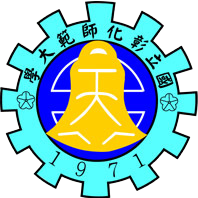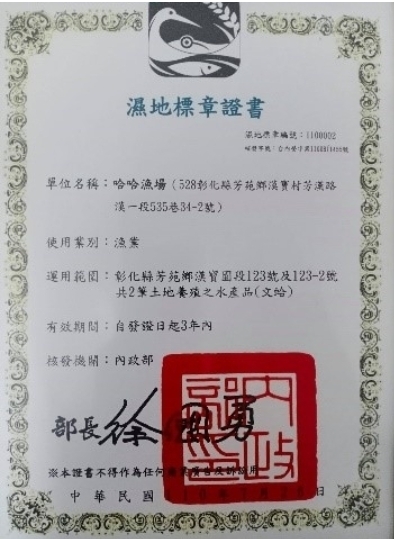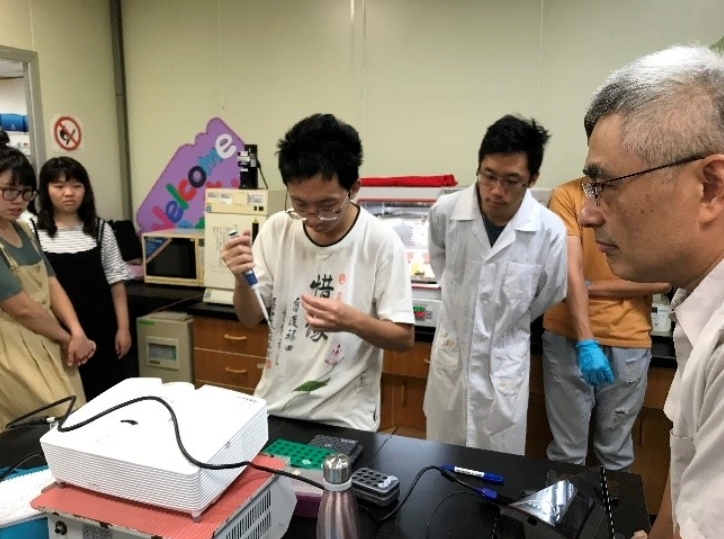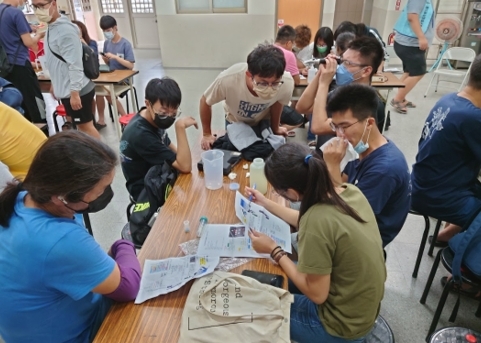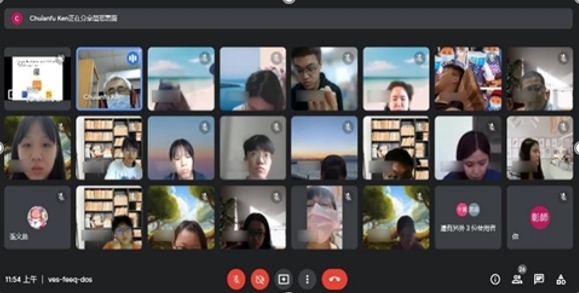SDG 2.5.1 Access to food security knowledge
NCUE’s professional teams formed of experts in food security and sustainable agriculture, and aquaculture skills or technologies, along with the research team of the Department of Biology and the Environmental Education Centre, have spared no effort in providing local farmers and food producers with knowledge and skills relating to food security, sustainable agriculture, and aquaculture technologies, working together to develop a sustainable food industry and environment.
1. NCUE’s research team from the Department of Biology helps the Ministry of the Interior promote and explain the wetlands grading system.
The team helped modify the system’s application procedures. They also worked to enhance product values in an environmentally friendly manner and contributed to helping Mr. Ming-Liao Chen, a fisherman from Fangyuan Township, who applied for the first wetlands grading certification for a coastal fish farm in Taiwan, received the certification on 26 July 2021. Please refer to Figure 1.
|
|
|
Figure 1. Mr. Ming-Liao Chen has the first wetlands grading certification for a coastal fish farm in Taiwan |
2. Deep Cultivation in Fangyuan and Joining Hands in Dacheng: Changhua Twin Cities’ Industrial and Environmental Sustainability 2021.
(1)This was a budding project that offered the Aquaculture Product Testing and Environmental Management course to nurture the technical talent needed by local industries. Course attendees, including members of the Changhua County Aquaculture and Fisheries Development Association, also learnt about and experienced high-end detection technologies such as aquaculture environmental inspection and management, care and inspection of aquaculture species, basic principles of aquatic processing and manufacturing technology, and aquatic product inspection technology. (Figure 2)
|
|
|
Figure 2. Professor Chuan-Fu Keng from the Department of Biology instructing students in fish bacterial infection quantitative detection techniques at the Free Radical Laboratory of the Graduate Institute of Biotechnology, NCUE on October 30, 2021 |
(2)NCUE’s cross-disciplinary professional teachers and teachers of environmental education work together with scholars from other schools and local groups to promote the sustainable development of the industries and the environment in Changhua’s twin cities, Fangyuan and Dacheng.
Environmental education gives local people have a clearer understanding and better awareness of the environment, motivating them to work with NCUE’s Environmental Education Centre as it sets up environmental education certification courses and certification training classes, nurtures seeded teachers for local environmental education, addresses the local environmental issues, and strives for sustainable environmental development. The programs promoted in this project include research and practical experience in environmental education, an introduction to ecological and environmental protections, air pollution education, beach cleaning, wetlands conservation, energy saving, carbon reduction, green energy, and environmentally friendly product packaging and marketing. The projects focus on solving local environmental problems and developing the aquaculture industry. Please refer to Figure 3.
NCUE’s professional and cross-disciplinary teams work with the Fangyuan and Dacheng Townships to maintain the beauty of their coasts and the important wetlands ecology, protect the aquaculture production of Asian hard clams and other clams, and reduce environmental pollution and the damage that it causes to the aquaculture industry.
|
|
|
Figure 3: May 25, 2022 Students and the aquaculture industry workers discussing the water quality testing values and their relationships with the environment, and discussing the measures to improve water quality |
3. NCUE hosts at least ten lectures, activities, or workshops every year to improve food and agriculture education; to promote responsible fish consumption; to improve the aquaculture environment and safety technologies of aquatic food; to promote public health, environment, and food safety; to control the quality of agriculture and fishery products; and to enhance the ethical behavior and the quality of environmental conservation within the industries. (Figure 4)
|
|
|
Figure 4. In September 2021, the course for environmental education staff |
References:
Annex 2.5.1A - Achievements of the Ministry of Education and NCUE’s Deep Cultivation in Fangyuan and Joining Hands in Dacheng: Changhua Twin Cities’ Industrial and Environmental Sustainability Project
For more information, visit this website: https://www.facebook.com/NCUEUSR/
